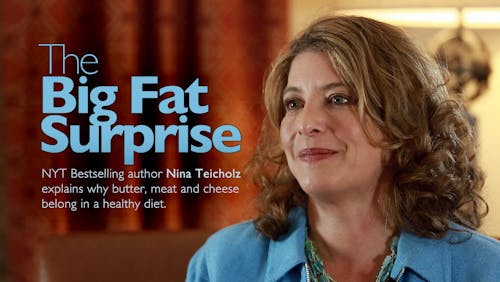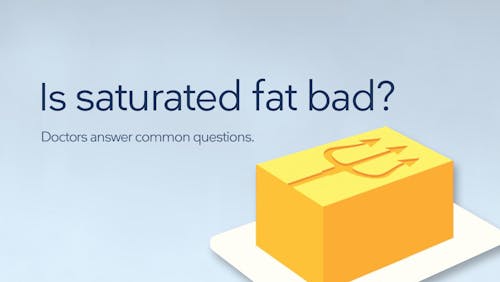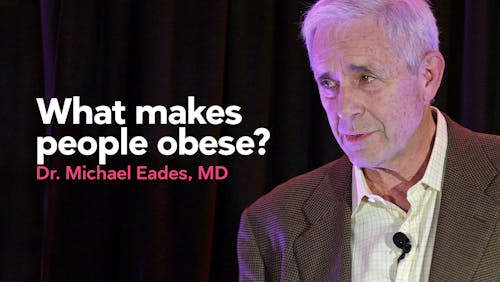Should certain foods be taxed in order to discourage people from consuming them, theoretically reducing disease risk? Some would argue that such taxes are never a good idea, even in the case of foods universally considered unhealthy, like sugar-sweetened beverages. However, taxing a nutrient for which there is no convincing evidence of harm is even more difficult to support. Yet this is what a group of European public health researchers are proposing, and the nutrient in question is saturated fat: We recently reported on a paper by an international group of researchers urging the World Health Organization’s (WHO) to reconsider its draft proposal recommending saturated fat be restricted to less than 10% of daily calories. And last fall we discussed why a tax on red meat is a bad idea. Back in 2011, Denmark passed a law taxing foods high in saturated fat. The tax was apparently effective in reducing saturated fat intake among Danish consumers, which reportedly dropped by about 4% during the time it was in place. It was repealed just over a year later for economic and political reasons, before any health impacts of the tax could be evaluated. In this new paper, researchers deduced that a saturated fat tax in seven European countries would lead to similar reductions in saturated fat intake and increases in polyunsaturated fatty acids (PUFA) intake. They created a model for potential changes in heart disease risk over 10 years’ time, comparing the results expected if foods high in saturated fat were taxed to the results expected if no tax was enacted and saturated fat intake remained at current levels. Their conclusion? A tax that resulted in every person achieving WHO saturated fat intake guidelines and increasing PUFA intake could prevent 11% to nearly 30% of heart disease cases, depending on one’s gender and country of residence. We feel this is extremely speculative and that the tax itself is wrong for several reasons: At Diet Doctor, we strongly believe that eating nutritious real food, including those rich in saturated fat, is beneficial for health. Although these researchers may have good intentions, we feel that they are making unsupported assumptions about what a saturated fat tax would accomplish. We disagree that taxing real foods will help reduce heart disease, especially when such foods are likely to be replaced by processed, lower-quality products that escape the tax. Guide This guide explains what is known about saturated fat, discusses the scientific evidence about its role in health, and explores whether we should be concerned about how much we eat it. Another thoughtful analysis upends fear of saturated fat Old news is new again – dairy fat is beneficial for our health

A user guide to saturated fat
Earlier
↧
Potential health effects of a saturated fat tax are highly speculative
↧








